Choosing the suitable material for your single-hinged doors is crucial for functionality. The material you select can influence the door’s durability, energy efficiency, maintenance needs, and overall appearance. Understanding the pros and cons of each option can make all the difference for homeowners and builders in New South Wales. Whether you’re considering replacing old doors or choosing the perfect doors for a new build, uPVC is a standout choice that deserves your attention.
This article will compare the most popular materials used for single-hinged doors—uPVC, timber, and aluminium—and explore why uPVC could be the best solution for your home or project.
What are the main material options for single-hinged doors?
Your chosen material will significantly affect single-hinged doors’ longevity, insulation, and maintenance needs. Here are the three main material options commonly considered:
- uPVC (Unplasticised Polyvinyl Chloride): A robust and low-maintenance material, uPVC is known for its durability, insulation properties, and resistance to weathering. It is a cost-effective option that does not compromise on quality.
- Timber: Timber doors offer a classic, natural aesthetic. While they can be highly customisable, timber doors require more maintenance to prevent warping, rotting, or insect damage.
- Aluminium: Lightweight and robust, aluminium doors are sleek and modern. However, they tend to be less energy-efficient than uPVC or timber unless thermal breaks are incorporated into their design.
Why should you choose uPVC for single-hinged doors?
uPVC has grown in popularity over recent years, and for good reason. Homeowners and builders are opting for uPVC doors for their many benefits. Here’s why uPVC is an ideal choice for single-hinged doors:
- Durability: uPVC doors are highly durable and can withstand the harshest weather conditions without rusting or fading. They’re perfect for the varied climate in New South Wales.
- Low maintenance: Unlike timber, UPVC doesn’t require regular sanding or painting. A simple wipe-down with a cloth keeps it looking new for years.
- Energy efficiency: uPVC provides excellent thermal insulation, helping reduce heat loss in winter and keeping your home cool in summer. This can result in noticeable energy savings.
- Cost-effective: Compared to timber and aluminium, uPVC is more affordable and offers excellent value over its long lifespan.
- Environmentally friendly: Modern uPVC doors are recyclable, contributing to environmental sustainability and making them eco-friendly for those conscious of their carbon footprint.
How does uPVC compare to timber for single-hinged doors?
Timber has long been a favourite for homeowners who love the natural look. However, when comparing uPVC to timber for single-hinged doors, several factors set uPVC apart:
- Weather resistance: uPVC is impervious to the issues that timber often faces, such as warping or rotting due to moisture. uPVC single-hinged doors are built to last, even in high-humidity or coastal environments.
- Maintenance: Timber doors require periodic sanding, varnishing, and painting to maintain their appearance. In contrast, uPVC doors need minimal care—no repainting or extensive upkeep.
- Cost: uPVC doors offer better long-term value than timber due to their lower maintenance costs
- Energy efficiency: While timber is a good insulator, uPVC is superior in preventing heat transfer, ensuring better energy efficiency for your home.
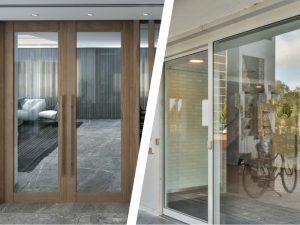
Are aluminium doors a better alternative to uPVC?
Aluminium doors are another popular choice for modern homes, but how do they measure up to uPVC?
- Aesthetics: Aluminium offers a sleek, contemporary look that appeals to many homeowners. However, uPVC has made great strides in design versatility, offering a variety of colours and finishes that can also suit modern tastes.
- Energy efficiency: uPVC is inherently more energy-efficient than aluminium, although some aluminium doors now include thermal breaks to improve home insulation.
- Durability: Both aluminium and uPVC are durable, but uPVC is more resistant to dents and scratches. Aluminium may be more prone to showing signs of wear over time.
- Cost: Aluminium is generally more expensive than uPVC. However, uPVC is the better option for homeowners looking for a cost-effective solution that doesn’t skimp on quality.
- Noise reduction: uPVC doors reduce noise, especially when paired with single glazing. If noise insulation is a priority, uPVC is superior to aluminium.
What are the long-term benefits of uPVC doors for your home?
Choosing uPVC for your single-hinged doors is an investment that pays off in many ways. The long-term benefits include:
- Longevity: uPVC is resistant to rust, rot, and corrosion, making it a long-lasting choice for homes in diverse climates.
- Minimal maintenance: uPVC is virtually maintenance-free, requiring only the occasional cleaning. This not only saves time but also lowers long-term upkeep costs.
- Enhanced security: uPVC doors can be fitted with multi-point locking systems, offering robust protection for your home.
- Resale value: The energy efficiency, security, and low maintenance needs of uPVC doors can enhance the resale value of your property.
How do uPVC single-hinged doors enhance the aesthetic appeal of your home?
While functionality is vital, aesthetics also play a significant role in your choice of doors. uPVC doors offer a wide range of design options to suit any home style:
- Versatility: uPVC doors come in various finishes, colours, and textures, from classic white to woodgrain effects, enabling you to match any architectural style.
- Slim profiles: Modern uPVC door frames are designed with slim profiles, providing a sleek and elegant look without compromising strength or insulation.
- Customisable glazing: From frosted glass to decorative glazing patterns, uPVC doors offer a range of customisation options that can enhance the overall design of your home.
- Consistent appearance: Unlike timber, uPVC doesn’t fade or require repainting, ensuring that your doors remain fresh over time.
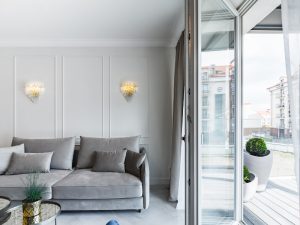
What is the warranty coverage for uPVC single hinged doors?
uPVC Windows Expert is committed to providing high-quality products backed by solid warranties:
- Product warranty: uPVC Windows Expert installs all uPVC single-hinged doors with a comprehensive warranty, protecting your investment.
- Guarantee on workmanship: In addition to the product warranty, uPVC Windows Expert offers a guarantee on their installation services, giving you peace of mind that your doors will be fitted with precision and care.
- Long-term support: If any issues arise, the uPVC Windows Expert team is always available to assist, ensuring you’re covered well into the future.
How can you get a free measure and quote for uPVC single-hinged doors?
Ready to make the switch to uPVC single-hinged doors? Getting started is easy with uPVC Windows Expert:
- Book a consultation: Contact uPVC Windows Expert to schedule a free, no-obligation consultation at home.
- Free measure and quote: During the consultation, our experts will take precise measurements and provide a detailed quote tailored to your needs.
- Expert advice: Looking for the best uPVC doors for single hinges? Our team can help you make an informed decision based on your preferences and budget.
At uPVC Windows Expert, you can trust us to deliver exceptional results. We offer free measures and quotes and a strong product and installation warranty.

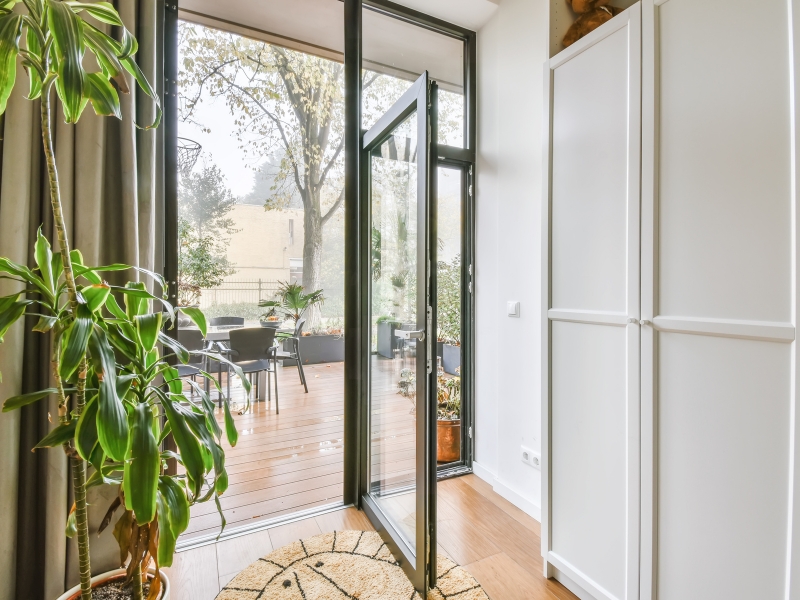
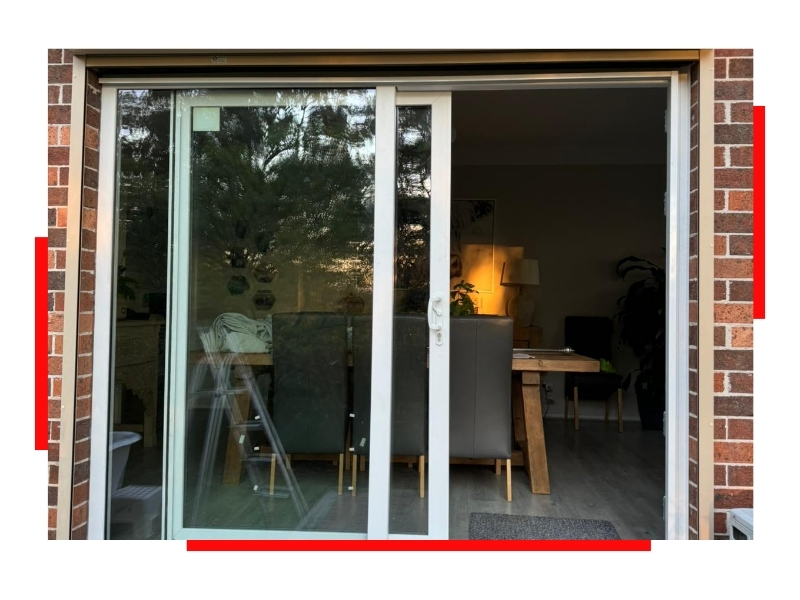
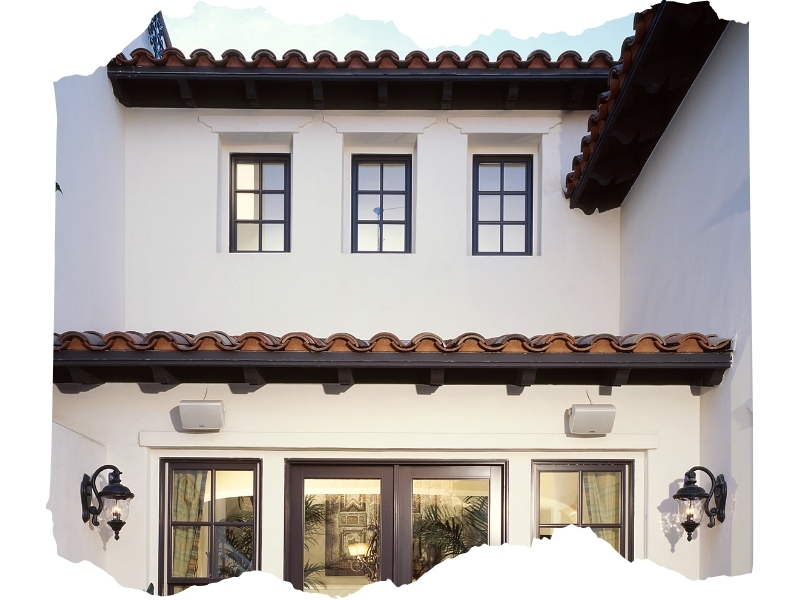
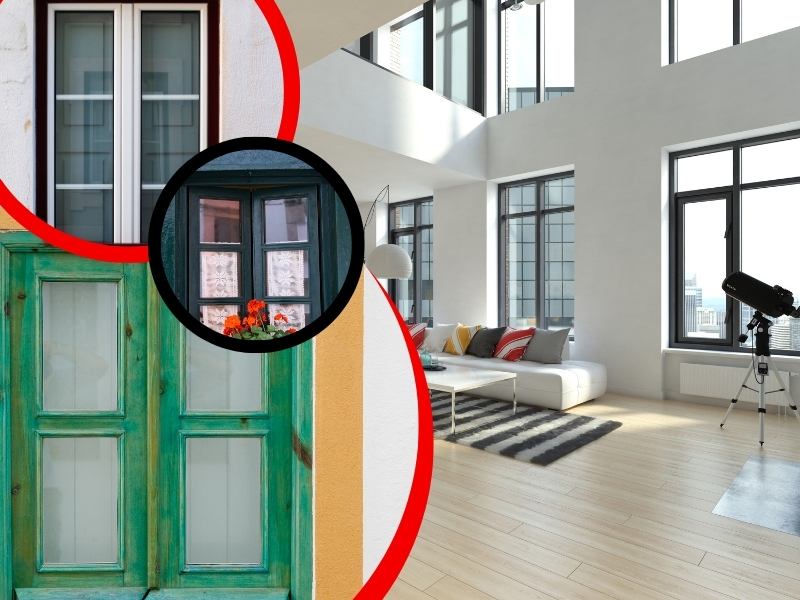
 Enhance your home with our energy-efficient, soundproof windows & doors. Enjoy a FREE onsite measure & quote.
Enhance your home with our energy-efficient, soundproof windows & doors. Enjoy a FREE onsite measure & quote.  Please provide your phone,
Please provide your phone,  email &
email &  suburb to begin!
suburb to begin!